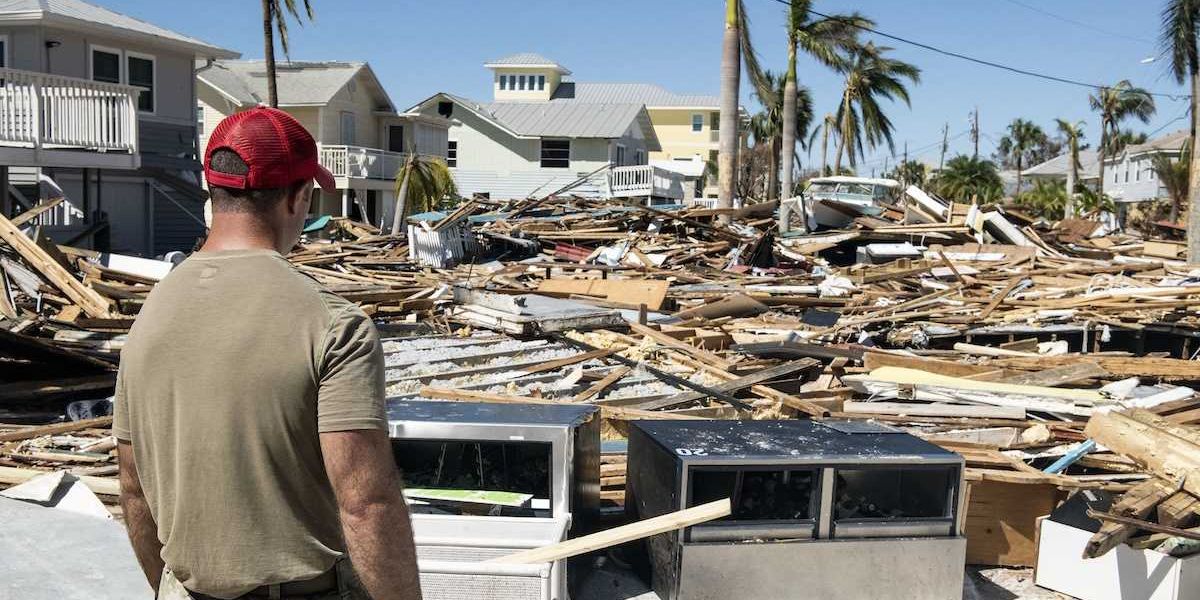Texas ranchers confront wildfires and climate challenges
In the wake of Texas' largest wildfire, ranchers face the daunting task of recovery and adaptation amidst escalating climate extremes.
Gabrielle Canon reports for The Guardian.
In short:
- Texas' unprecedented wildfire has devastated ranchlands, leaving thousands of cattle dead and jeopardizing the livelihoods of multi-generational family farms.
- Ranchers are now grappling with both the immediate impacts of the disaster and the broader challenge of adapting to the escalating severity of climate-related weather events.
- Despite the devastation, the spirit of resilience and community support shines through as ranchers and neighbors come together to aid recovery efforts.
Key quote:
"We don’t have grass. We don’t have water."
— Gary Joiner, spokesperson for the Texas Farm Bureau
Why this matters:
The Texas fires, intensified by a mix of prolonged droughts and heatwaves—a telltale sign of shifting climate patterns—are not just consuming vast stretches of land but are altering the very fabric of the natural and economic landscape. For the ranching industry, the consequences are dire. Wildfires not only destroy grazing lands, leaving cattle without food, but they also can lead to direct livestock losses and damage to property and infrastructure, such as fences and water supplies.













